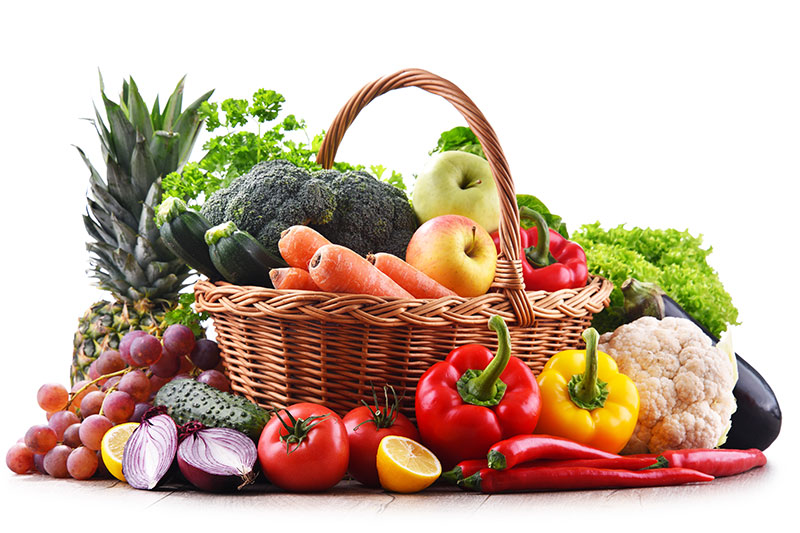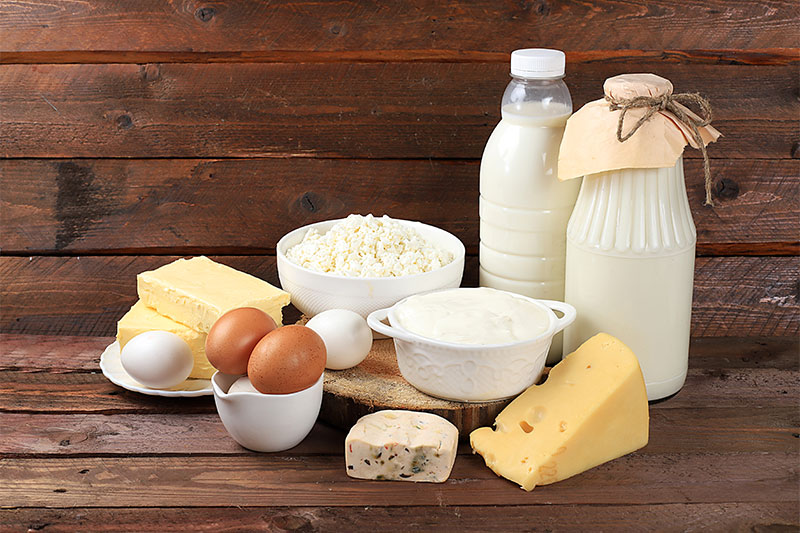Food charts have changed a lot in the last decades, we’re still trying to understand how our bodies react to what we eat. What’s healthy and what’s not? That’s the question right there.

Luckily, we’ve had some recent scientific breakthroughs and are now more comfortable advising people about what they should eat, and what they should avoid.
The secret here, though, is moderation and enjoying a varied diet. Staying away from processed food is critical too. Other than that, there are no magic formulas for a healthy diet.
Having said that, the scientific community has put together a new, easy-to-read food chart. The objective is to categorize food between what you should eat often, what you should consume in moderation and what you should avoid. Here’s how this chart works.
Protective Foods

We’re changing the terms good and healthy for protective, because when you nourish your body, what you’re doing is giving it all it needs to stay healthy. It’s your body what’s healthy, not your food.
Fruits are instrumental as long as you don’t overdo them. They’re great sources for vitamins and minerals, but they do have some sugar. Eating an orange every day is a great idea, but a large glass of orange juice, basically comprising at least four or five oranges, might be too much.
Vegetables are vital if you want to have a healthy life. Fiber, vitamins and minerals, but also antioxidants make veggies essential.
Nuts are authentic superfoods, they’re concentrated sources of all you need, including healthy mono-unsaturated fats.
Plant oils, especially olive oil, are advisable. Needless to say, fried foods are to be avoided.
Whole grains are as healthy as nuts. If you’re eating bread, make it whole grain and stay away from refined white flour — it has been stripped of all its nutritional value.
Legumes are plant-based proteins, and you should enjoy them at the very least once a week. This means beans, chickpeas, soybeans and lentils.
Food with probiotics, like yogurt, are recommended too, they’ll keep your gut bacteria healthy.
Foods to Eat in Moderation
Some foods are better enjoyed in moderation. Actually, most foods fall in this category. You should consume all types of meat, including poultry and red meats moderately.
Other animal-based products such as cheese, eggs and butter are healthy too, as long as you don’t overeat them.
There are several risks associated with consuming animal products in excess, especially if you want to protect your heart and circulatory system.
Saturated fats are much better than trans fats, like the ones found in processed foods, but although your body needs saturated fat, too much of it can cause high cholesterol levels.

Foods to Minimize
As always, the foods to minimize are the ones we consume the most. They’re the tastiest, and there’s a good reason for that — they’re packed with flavor additives, trans-fats and lots of sugar. We’re talking junk food right here.
Refined grains, like all-purpose flour, are dangerous, they offer no nutrients but lots of calories. These calories cause obesity and hypertension. Starches in sweet treats, cakes and other baked foods add many calories as well, too much for your body to handle.
Sweeteners are just as bad, especially sugar, honey, agave syrup and corn syrup. You find these in soft drinks and other sweats. They are to be minimized at all costs.
Processed meats are high in sodium and many other harmful chemicals. The trend is to go all-natural and enjoy food without chemicals, added salt or preservatives. Salty snacks or sausages, they’re equally bad for you.
This is No Rocket Science
The truth is, eating healthy is not that hard. Once you identify and avoid the harmful food, including sugars, refined grains, processed food and other junk, you just need to eat a varied diet in moderation.
Veggies are the single most underrated food category. You can eat as much of them as you want, and if prepared correctly, they’re delicious!
You don’t need to give up on the food you like, but you want to cut don’t on all those things you, at this point, know are harmful. Especially if you’re at risk of suffering heart disease.
Take care of your ticker with what you eat and keep your body nourished and strong at the same time. You don’t even need to feel hungry. Now we know extreme diets are more harmful than good.
Eat well, try new things and control your cravings. You’ll heart will thank you!



